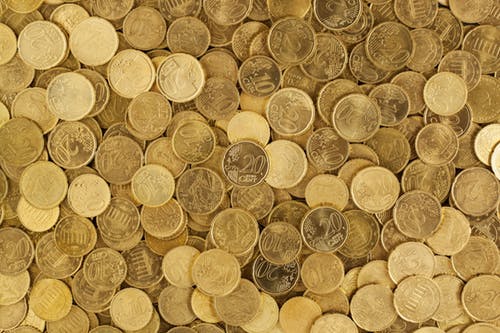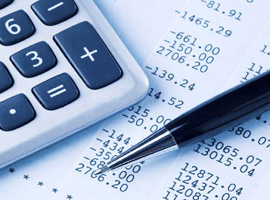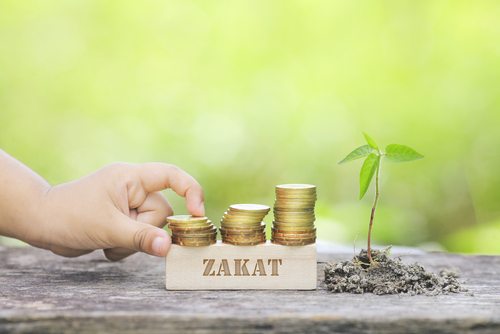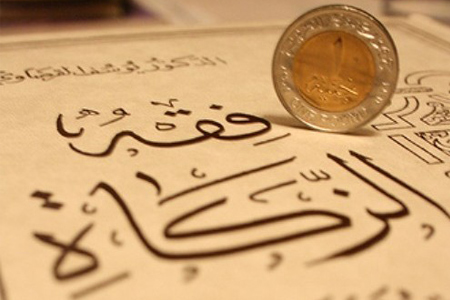Giving Zakat and Fitrana
“And establish prayer and give Zakat, and whatever good you put forward for yourselves – you will find it with Allah. Indeed, Allah of what you do, is Seeing”.
(Qur’an, Surah Al Baqara, 2:110)
Zakat, or Zakah, is one of the Five Pillars of Islam. The word Zakat means to purify and it is obligatory on every adult Muslim of sound means and mind to give alms to the poor and needy.

Zakat is not charity. It is an obligation and by giving Zakat we acknowledge that our wealth and possessions do not belong to us but to Allah subhanahu wa ta’ala.
We hold that wealth in trust – for no one will take it to their grave - and we should use it to remember our Creator by helping those in need.
As well as helping others on a material basis, the giving of Zakat helps remind us of the need to remove ourselves from excessive desire and greed; that we should embrace and enact the principles of honesty and self-discipline, and express our thanks and gratefulness to our Lord.
Who has to give Zakat?
Zakat is obligatory on every adult Muslim, male or female, of sound mind and means. Anyone whose savings or wealth meets the value of nisaab – the threshold at which Zakat becomes eligible – must meet this obligation.
Zakat is an individual obligation, so in cases where a couple have joint wealth (e.g. a joint account), they should try and determine what proportion belongs to each and each should then work out their Zakat obligation.
If they cannot determine this, then one partner can pay the full Zakat that is liable for both with the consent of the other, or they can treat it as equally shared and each can pay their share on that.
How to calculate the amount of Zakat to pay?

The individual must own a specific amount of wealth or savings, after deducting immediate living costs, expenses, debts etc. If their wealth is above the threshold (Nisaab) at which the paying of Zakat becomes liable, they are obliged to pay 2.5% of that wealth as Zakat.
So for example, anyone with wealth or savings calculated at £10,000 has to pay £250.
Assets to include in your Zakat calculation are cash (in hand, in bank accounts or money lent to someone), shares, pensions, gold and silver. Personal items (your home, furniture, cars, food, clothing) are not included in Nisaab.
Nisaab

There are two measures to determine Nisaab – gold (3 ounces or 87.48 grams, or its cash equivalent) or silver (21 ounces or 612.36 grams, or its cash equivalent).
So if the price of gold was £32 per gram, the Nisaab would be 32 x 87.48 = £2,799.36, so anyone with gold, savings or other wealth above that value would have to pay Zakat on those possessions.
If the price of silver was £0.37 per gram, the nisaab would be 0.37 x 612.36 = £226.57
While the nisaab can be based on the price of gold, scholars nowadays generally recommend basing it on the price of silver. This means more people will be liable to pay Zakat so more help can be provided to people in need.
What does Zakat have to be paid on?
Zakat has to be paid not only on cash (in hand or in accounts), gold and silver but also calculated for stocks, shares, profits from rent, stock for trade or sale, etc. It is not liable on personal possessions such as a house or car.

Debts and loans need to be included in Zakat calculations. Debts should be deducted from wealth – if it is a debt such a mortgage that is being paid off in instalments, then only the amount that is due currently (for instance the monthly payment) should be deducted.
If you have lent someone money, that sum should be included in your wealth calculations as an asset and Zakat paid on it. To determine details in such a situation – for example whether to pay Zakat annually or until the loan is recovered in full - please take advice from your imam or a learned scholar.
It is also liable on agricultural produce for instance, but the rules governing what proportion of such produce should be considered in calculations can be complicated – for example whas it irrigated by natural or artificial means – and it is best to consult a learned scholar or qualified expert in such cases.
When to pay Zakat?
Zakat has to be paid after each Islamic year, which is based on the lunar calendar. The value of wealth has to be calculated after one Islamic year, so even if someone’s wealth was below the nisaab value earlier in the year, they will have to pay Zakat if it meets or is above the threshold level on that anniversary.
For example, if someone received a large amount of money or equivalent just before their Zakat was due, they have to include it in their calculations.
Many people choose to give their Zakat, as well as Sadaqah and Lillah which are voluntary donations, during Ramadan as the rewards for giving are multiplied during this blessed month.

Who can receive Zakat?
Zakat can only be paid to specific beneficiaries and projects.
The Qur’an mentions eight groups of people on who Zakat should be spent:
(Surat At-Tawbah 9:60)
- The Fuqara’ (the poor)
- Al-Maskin (the needy)
- Aamileen (Zakat collector)
- Muallafatul Quloob (poor and needy who recently converted to Islam)
- Ar-Riqaab (slaves; Zakat can be used to purchase their freedom)
- Ibnus-Sabeel: A stranded traveller in need of financial assistance.
- Al Ghaarimeen: A debtor
- Fi Sabeelillah: Those who are away from home in the path of Allah
What is Zakat ul Fitr?
Not to be confused with Zakat, Zakat ul Fitr is another form of charitable giving. Also known as Fitrana or Sadaqat ul Fitr), it is specific to Ramadan and must be paid before the Eid ul Fitr prayers.
All Muslims, regardless of age, must pay Zakat ul Fitr unless they cannot afford to do so. For example, a father a father or head of the household can pay on behalf of their pre-pubescent children or other immediate family members.
Fitrana is a set amount, usually £5 per person, while general Zakat is 2.5% of all wealth. Fitrana is to provide food for beneficiaries – eligible recipients are those who are entitled to receive general Zakat – who are usually the poor and people in need.
Narrated by Ibn Umar: Allah’s Apostle (Peace and Blessings of Allah Be Upon Him) enjoined the payment of one *Sa’ of dates or one Sa’ of barley as Zakat-ul-Fitr on every Muslim slave or free, male or female, young or old, and he ordered that it be paid before the people went out to offer the Eid prayer.
(Hadith Bukhari)
- Scholars are generally agreed that one Sa’ was the equivalent of approx. 2.5kg to 3.5kg
Make sure you have paid your Fitrana before the day of Eid. £5 per person.



